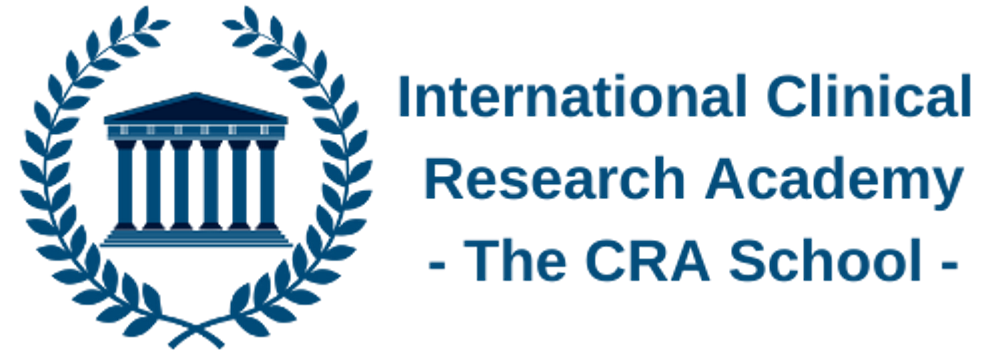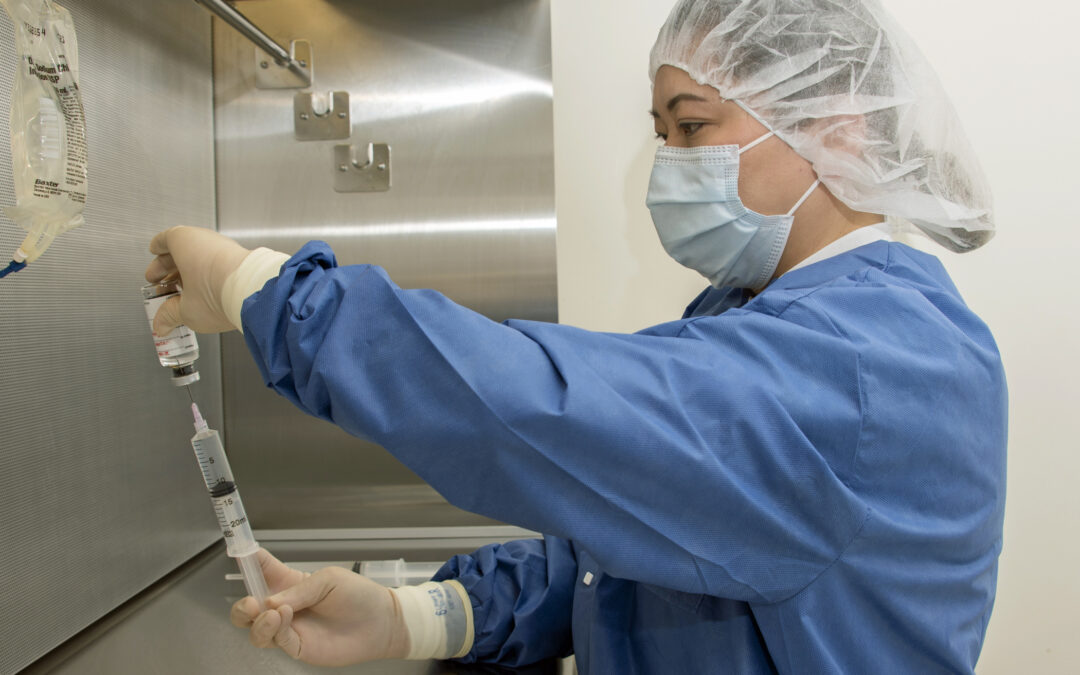South Korea’s Rapid Emergency Response to COVID-19 Pandemic and Its effect on the Clinical Trials Regulations
 The pandemic caused by the spread of SARS-COV-2 (Severe Acute Respiratory Syndrome Coronavirus-2, COVID-19) disturbed the natural order of how many industries operate, including the clinical research profession. The initial response of several countries determined the preparedness to stop the spread and continue the day-to-day activities of clinical trial procedures. Specifically, South Korea was prepared for the changes ahead after learning from their prior encounter in 2015 with MERS-COV (Middle East Respiratory Syndrome, Coronavirus-1) [3]. South Korea’s Rapid Emergency Response to COVID-19 and changes to their regulations of clinical trials can be attributed to how their regulations have evolved overtime since early 2000s.
The pandemic caused by the spread of SARS-COV-2 (Severe Acute Respiratory Syndrome Coronavirus-2, COVID-19) disturbed the natural order of how many industries operate, including the clinical research profession. The initial response of several countries determined the preparedness to stop the spread and continue the day-to-day activities of clinical trial procedures. Specifically, South Korea was prepared for the changes ahead after learning from their prior encounter in 2015 with MERS-COV (Middle East Respiratory Syndrome, Coronavirus-1) [3]. South Korea’s Rapid Emergency Response to COVID-19 and changes to their regulations of clinical trials can be attributed to how their regulations have evolved overtime since early 2000s.
Haley Matthews, BSc CCRP
June 12, 2020
With the unprecedented growth of South Korea’s Clinical Trials industry in 2000, there was a need for the adaption of the ICH GCP 2000 [4] model. Clinical Trials went from 33 to 689 active from 2000-2018 [4]. The Korean Centre of Disease Control and Prevention (KCDC) was established shortly after MERS-COV epidemic and later, the government created the Infection Disease Control and Prevention Act (IDCPA) amended in 2017 to reinforce the legal basis of local cooperation — But, what does this mean?
In the United States, each state has their own jurisdiction for clinical trials overseen by the FDA. When COVID-19 emerged, clinical trials were given guidelines, not set in stone nation-wide regulatory changes for times of natural disasters. This is not the case in South Korea as they already established a nation-wide initiative with the IDCPA and creation of KCDC. Currently, COVID-19 Trials are prioritized in South Korea and changes were made to procedures for the majority of trials underway by using remote monitoring and collection of essential documents[1].
It’s important to note that the access to universal healthcare in South Korea enables almost all citizens to afford to be tested for COVID-19 rapidly and text messages are sent out as alerts to encourage social distancing. In addition, South Korea has a high density of hospital beds at four times greater capacity than the United States [1], making it well underway to continue with this capacity for Clinical Trials during the pandemic. With programs implemented by Korea’s National Enterprise for Clinical Trials (KoNECT), trial recruitment has not significantly declined in comparison to other nations.
Overall, South Korea remains to be a role model for other countries due to the rapid evolution of their clinical trials industry since 2000 and their quick response in times of crisis.
By implementing policies prior to the occurrences of natural disasters such as COVID-19, after learning from their initial mistakes dealing with MERS-COV, South Korea’s proactive mindset of the KCDC made them well-prepared and able to easily transition once the first case hit the country. Other countries could benefit from learning about South Korea’s proactive policies and regulations for clinical trials, including the establishment of KCDC and IDCPA, prior to COVID-19 outbreak within the nation.
Resources
- https://novotech-cro.com/news/managing-covid-19-outbreak-lessons-learnt-South-Korea
- https://www.theregreview.org/2020/05/14/oh-South-Korea-success-against-covid-19/
- https://www.oced-library.org/sites/7ba9cad3-en/index.html?itemId=/content/component/7ba9cad3-en
- https://www.ncbi.nim.nih.gov/pmc/articles/PMC7032966/
- https://www.ivi.int/covid-19-response/
- https://qz.com/1824506/coronavirus-people-can-return-to-work-if-us-follows-these-steps/


